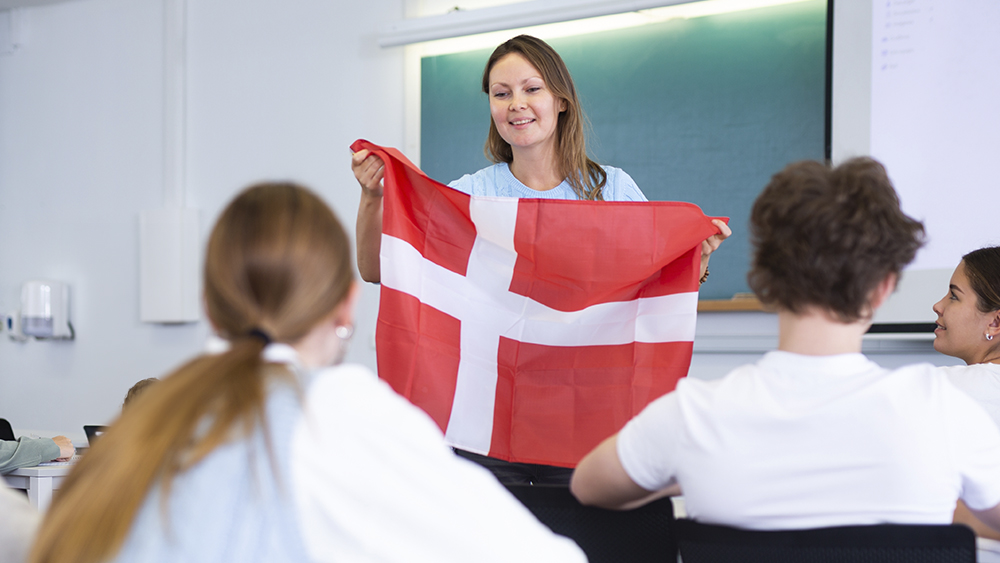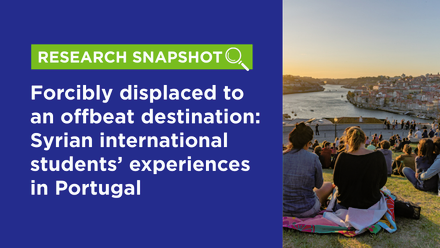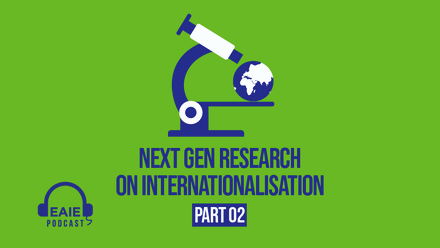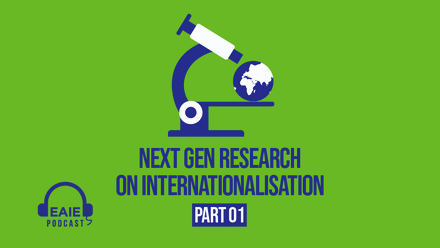Research Snapshot: Student views on Danish HE quality

Internationalisation Equals Quality? Students’ Perspectives on Quality of Higher Education in Denmark
Published date: 10 May 2023
I designed this research project under a larger project exploring six instruments of internationalisation in Denmark: inbound mobility, outbound mobility, EMI, international specialisation, internationalisation at home and mobility of researchers, which was financed by DFF, Independent Research Fund Denmark (Adriansen, 2019). Using a critical spatial approach, I investigated how internationalisation of HE affects what comes to count as quality, relevance, and learning. It employed a digital ethno-methodological approach, drawing on 126 h of teaching and learning observation, and 38 semi-structured interviews with Danish and international students enrolled in 8 Masters of Science programmes in Denmark. Students’ perceptions of quality, relevance and learning were mostly related to international staff and an international student body, whereby diversity is a keyword in students’ discourses with a disconnect from their actual practices, having implications for policies and practices in internationalised HE contexts.
This research uncovers how internationalisation shapes students' views of education quality, driving teaching innovation to address intercultural gaps that impact diverse societies.
About the authors
Key findings from the research:
-
There is a need for realignment of institutional activities to implement internationalisation practices. In internationalisation at home contexts, using EMI, teaching and learning practices within multicultural classrooms play a pivotal role in fostering integration between international and domestic students, as well as valuing students’ diversity as a pedagogical resource. Academic staff’s proficiency in English is not enough to turn pedagogical approaches into an 'international' learning experience.
-
The perception of quality enhancement related to internationalisation instruments, as argued in institutionalised policies (e.g., de Wit et al., 2015), is challenged by students. This paper has highlighted that students’ actual classroom social practices diverge from their discourses concerning the perceived benefits of internationalisation. Although participants’ perceptions of quality of internationalised programmes are related to expectations of a transformative learning experience through academic and social exchanges (be it with diverse staff and other students), there are cultural barriers (both individual and institutional) in place that potentially prevent the realisation of internationalised experiences.







